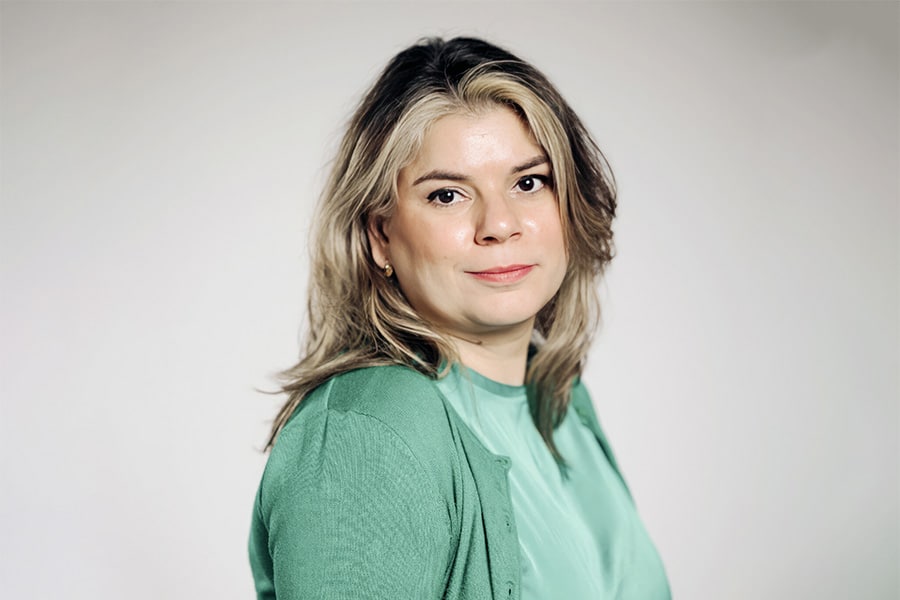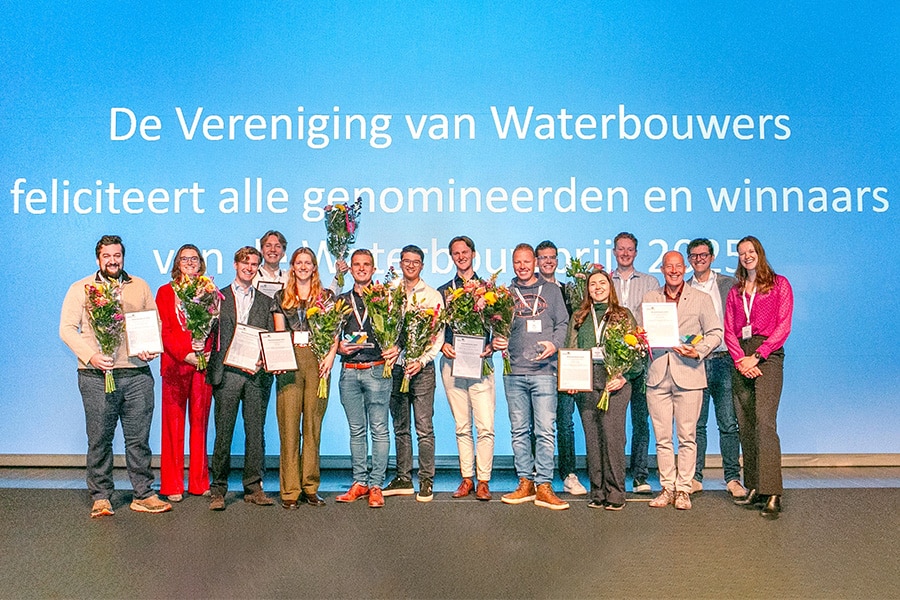
'InfraTech excels at current issues, even now'
In the run-up to InfraTech 2021, InfraTech wants to be the platform where the various parties meet and learn from each other. Partly for this reason, there are online talk shows every month where there is talk and discussion about the various themes of the trade fair. Two episodes are already online under the title 'InfraTech Series': one on mobility in a 1.5 society and one on digital infra.
If the corona crisis, which we are still in the midst of, has shown anything it is that unexpected situations can lead to radical change. The virus and its consequences turned out to have a huge impact on almost all of the topics discussed during InfraTech. Corona showed that we as a society are capable of radically adapting our mobility. Almost overnight, we could work from home en masse, abandon the car and avoid public transport.
"It suddenly makes the discussion about what kind of streets we want to live in more than relevant," stated Marco te Brömmelstroet, professor of Urban Mobility Futures at the Faculty of Social and Behavioral Sciences at the University of Amsterdam (UvA) in the first installment of the InfraTech Series. "And what role does mobility still play in our streets. You see now that that doesn't necessarily have to be the main role anymore. The Netherlands is an example to the world in showing how well you can organize different mobility flows."

Movement space
But the corona crisis, according to Te Brömmelstroet, has also exposed how much space the car takes up in public space. Even when it is stationary. "People suddenly discovered that the space for pedestrians and cyclists to move around is quite small compared to the square meters we have allocated to cars. And at a time when you then use that car a lot less, you suddenly start asking yourself why the sidewalk can't be a little wider. Or why there is so little green space in a residential area. Those are things that are now suddenly up for discussion."
Frans Bekhuis - Senior Project Manager Mobility and Space at CROW also noticed this. "We now get more layout questions in which there is less space for motorized transport. And that has gained momentum because of corona."
Thinking about mobility and the design of public space also requires political courage, both argue. Bekhuis: "Mobility is a public and collective interest. That requires direction from the government. And things do happen. Take the former infra fund. It is now called mobility fund and the money in it no longer automatically goes to highways, but also to facilities for bicycles. A broader view is being taken."
Digital Infra
Designing public space anno 2020 is no longer possible without including Digital Infra. So said BIM&Data expert at Bouwend Nederland, Arjan Walinga during the second episode of InfraTech Series. "Because with all those different users of public space - residents, pedestrians, cyclists, parcel deliverers, companies supplying stores, construction traffic - wouldn't it be great if you could use smart sensors and techniques, for example, to predict how busy it's going to be and where exactly? With that, you can then manage a lot of traffic and make a city more livable."
That in turn requires more direction, thinks Wido van de Mast, CEO at VolkerWessels Telecom. "Certainly in the permit process there is still a battle to be fought. We will have to explain better to each other when there is a nuisance, when a sidewalk or street has to be opened up. There are still big differences between the various municipalities. I still see room for improvement there." Van de Mast advocates a more integral view of the construction of digital infrastructures. "Telecom often comes at the end in area development, but also in building homes or offices. Often a structure is already completely finished when it is realized that another fiber optic cable should have been put in. People forget about connectivity. Big roadblock is the compartmentalization in how we have organized things. Whereas, if you see connectivity as a skewer that pokes right through everything, you can figure out at a much earlier stage how and when to build things."

Knowledge Platform
It is topical issues like these in which InfraTech excels. It will be no different during the 14th edition. Together with hosts Rijkswaterstaat and the Municipality of Rotterdam and partners such as Bouwend Nederland, CROW and the Bouwcampus, we will be working hard in the near future to put together an interesting and substantive program. More than usual there will be a hybrid component to this program. But of course just as innovative and instructive, more than ever 'connecting and moving forward together' will be central.
Go to www.infratech.nl for the latest information and follow the LinkedIn page.

![[Vacancy] Civil Advisor at Spaarnelanden 4](https://gww-bouw.nl/wp-content/uploads/2025/12/Naamloos-2-kopie.jpg)


